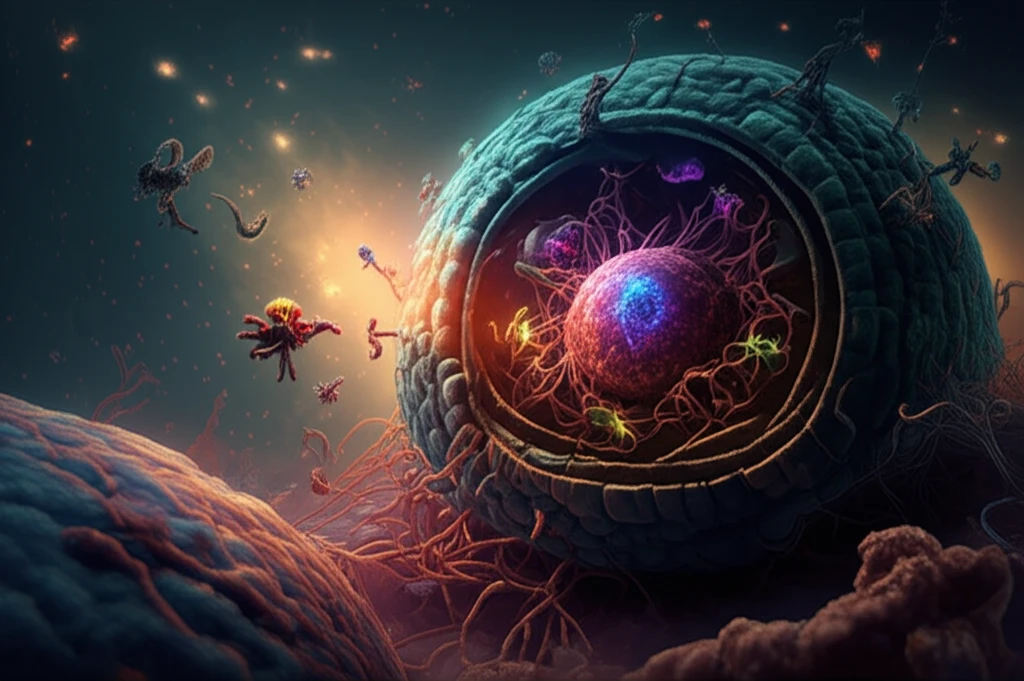
TCR Mimic Antibodies: A New Era in Cancer Treatment?
"Exploring the potential of TCR mimic monoclonal antibodies in targeting intracellular oncogenic proteins for cancer therapy."
For years, cancer research has grappled with a significant challenge: how to effectively target the proteins residing within cancer cells that drive their uncontrolled growth. Many of these intracellular oncogenic proteins are inaccessible to traditional drugs and even some antibody-based therapies. These elusive targets have been a major hurdle in developing more effective cancer treatments.
However, a promising new avenue has emerged: TCR (T-cell receptor) mimic monoclonal antibodies. These innovative antibodies are designed to recognize and bind to peptide-MHC complexes on the surface of cells, effectively targeting the intracellular proteins presented by these complexes. This approach opens the door to addressing previously 'undruggable' targets and revolutionizing cancer therapy.
This article explores the development, mechanisms, and potential of TCR mimic antibodies in combating cancer. We'll delve into how these antibodies are created, what makes them unique, and how they're being used to target specific oncogenic proteins, offering a glimpse into the future of cancer treatment.
Unlocking Intracellular Targets: How TCR Mimic Antibodies Work

TCR mimic antibodies represent a paradigm shift in cancer therapeutics, offering a way to reach targets that were once considered beyond our grasp. Unlike conventional antibodies that bind to surface proteins, TCR mimic antibodies are engineered to recognize peptide-MHC complexes. These complexes are like tiny flags on the cell surface, displaying fragments of proteins from inside the cell. By targeting these flags, TCR mimic antibodies can selectively engage with cancer cells presenting specific intracellular oncogenic proteins.
- Target Specificity: TCR mimic antibodies are designed to target specific peptide-MHC complexes associated with cancer. This precision minimizes off-target effects and reduces the risk of harming healthy cells.
- Intracellular Access: By targeting the peptide-MHC complex, these antibodies effectively 'see' and interact with proteins originating from within the cancer cell, overcoming the barrier that prevents other therapies from reaching these crucial targets.
- Therapeutic Potential: TCR mimic antibodies can be used to trigger a variety of anti-cancer responses, including direct cell killing, immune system activation, and inhibition of tumor growth.
The Future of Cancer Treatment: TCR Mimic Antibodies on the Horizon
TCR mimic antibodies hold immense promise for the future of cancer treatment. Their ability to target previously inaccessible intracellular proteins opens up new avenues for therapeutic intervention. As research progresses and clinical trials continue, these innovative antibodies may become a cornerstone of personalized cancer therapy, offering more effective and targeted treatment options for patients. The journey of cancer treatment continues with hope.
